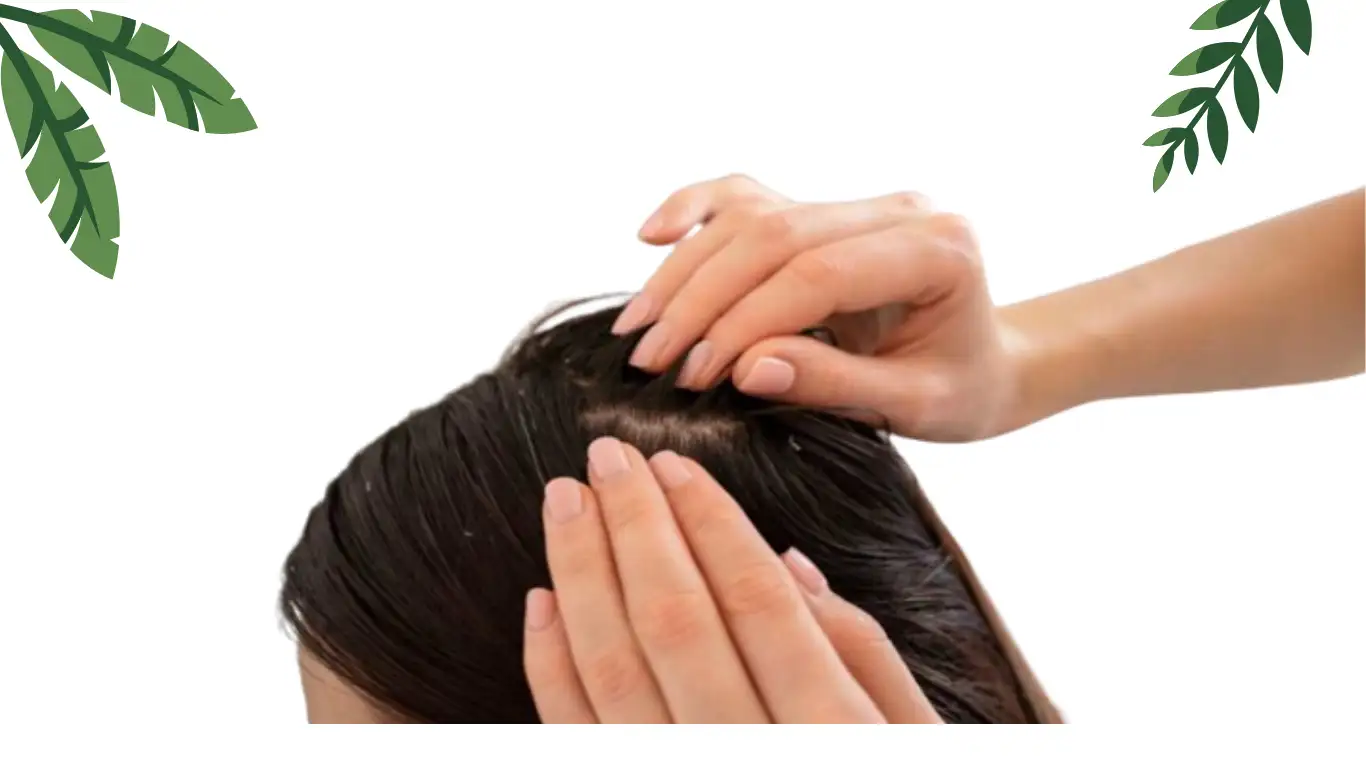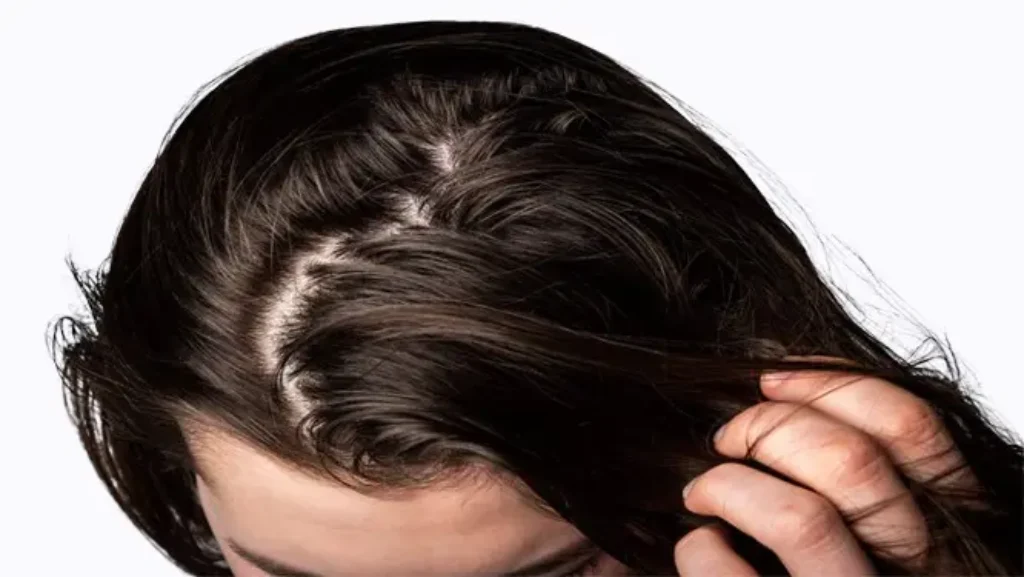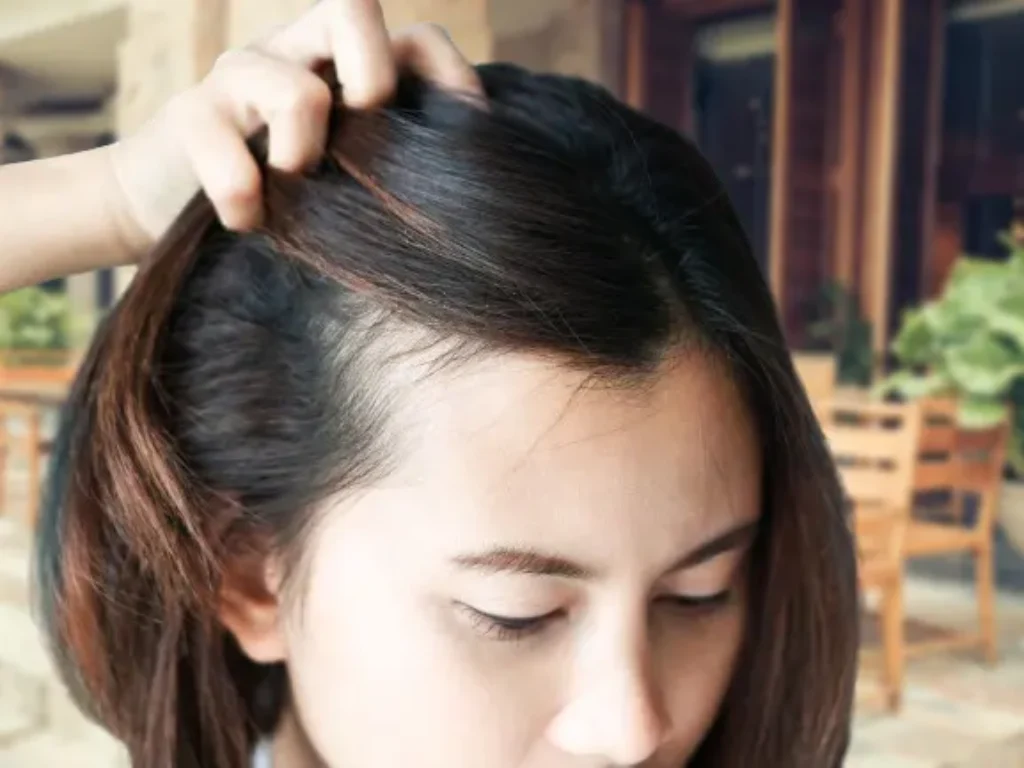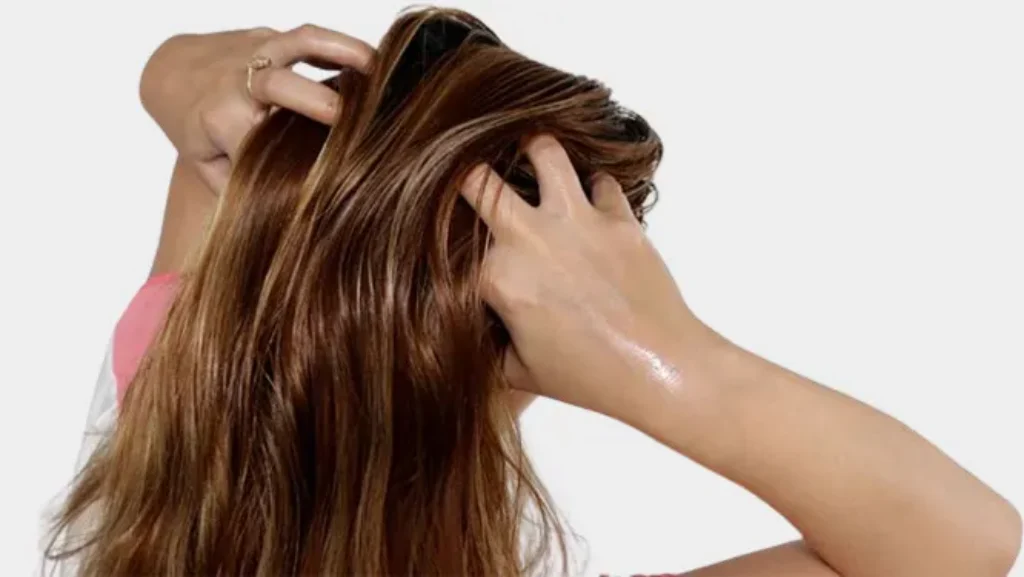How Often Should I Oil My Scalp?

How Often Should I Oil My Scalp? : A Hair Care Dilemma
Introduction
Understanding Your Scalp
Recommendations for Oiling Your Scalp
Oily Scalp:

Dry Scalp:

Normal Scalp:
Combination Scalp:

Factors Influencing Oiling Frequency
Climate and Weather:
Hair Texture and Porosity:
Scalp Conditions:
How Often Should I Oil My Scalp?
If you are oiling your scalp and maintaining a hair care routine, are you not missing many benefits for your hair health? Oiling the scalp and hair is a very ancient culture. This culture provides good health for both hair and scalp. Through hydrating your scalp, scalp oiling helps in exfoliation, protects hair follicles during washing, prepares strands for styling, and helps prevent hygral fatigue.
Fatigue means the swelling and drying of the hair. Besides, this practice can even help to reduce hair fall and promote hair growth. However, one thing should be kept in mind excessive scalp oiling can cause buildup, resulting in dandruff and irritation. Furthermore, certain scalp oils have the potential to disrupt the balance of healthy bacteria on the scalp, leading to more buildup and other scalp issues. Oiling your scalp depends on your scalp and hair type.
Signs That Indicate Your Scalp Needs Oiling
Dryness:
Flakiness:
Itching:
Redness or Irritation:
Hair Breakage:
Hair Loss:
Best Oils For Treating Dry Scalp And Their Benefits
Finding the perfect and suitable hair oil is very important to remove dryness because oil plays a vital role in polishing and moisturizing the scalp and hair. To keep your hair you should try to avoid mineral and comedogenic oil. Choose oils to increase circulation and alleviate scalp congestion, such as tea tree and peppermint oil, or moisturizing ones like coconut oil or sunflower oil. Coconut oil conditions your hair and provides natural protection.
Coconut oil is generally a suitable choice for most hair types. In this case, sunflower oil can be helpful. It penetrates your hair shaft, without the restocking well-moistured. Moreover, moringa oil and jojoba oil are similar to the natural oils. These oils provide extraordinary moisturizers without clogging the pores. Argan oil is a good source of high vitamin E content and antioxidants that support overall scalp health. Besides, these oils have moisturizing and soothing properties which are very effective in irritated skin.
You can use natural mixed oils on your scalp such as almond oil. Almond oil is produced from seeds and plants and manufactured for safe use. If you want to maintain a healthy and fresh scalp and hair you can add the oil to your hair care routine for an awesome appearance. They nourish both your hair and scalp, creating a more favorable environment for hair growth.
How to Oil Your Scalp

1. You can choose hair oil for your scalp from reading above discussion and use it as per your hair thickness on your scalp.
2. Take the necessary oil on your palm and apply smoothly on your scalp.
3. Apply and massage the oil all over the whole scalp, beginning at the base of the neck, and apply extra oil if needed.
4. Use both hands, to apply oil upwards and towards the crown of your head.
5. Massage from the base of the ear to the top of the head again and replicate the process on the opposite side.
6. You need to massage for three to five minutes to cover the entire scalp.
7. You have to cover your head with a towel or shower cap for 45 minutes to an hour after oiling your scalp.
8. Ensure that you wash your hair thoroughly by using your usual shampoo to remove the oil, followed by a complete rinse.
9. You can either condition your hair as usual or choose coconut oil as a conditioner for a deeply moisturizing hair treatment.
Final Opinion
To prevent your scalp from dryness and flakiness, it is important to keep your scalp moisturized as you do for your skin. Scalp oiling is a helpful treatment to maintain a healthy scalp. To protect your scalp from damage, reduce hygral fatigue, prevent hair fall, and stimulate hair growth you need to oil your scalp regularly. Since oiling the scalp depends on different factors such as scalp and hair type, climate, and hair characteristics.
The best recommendation is to apply different oils to select which one is best for you. Before choosing you should keep in mind the requirements of your hair and scalp to get perfect output. So, how often should I oil my scalp? The answer to this question lies in understanding your scalp and hair type and adjusting your oiling frequency accordingly to promote healthy, shiny hair.




